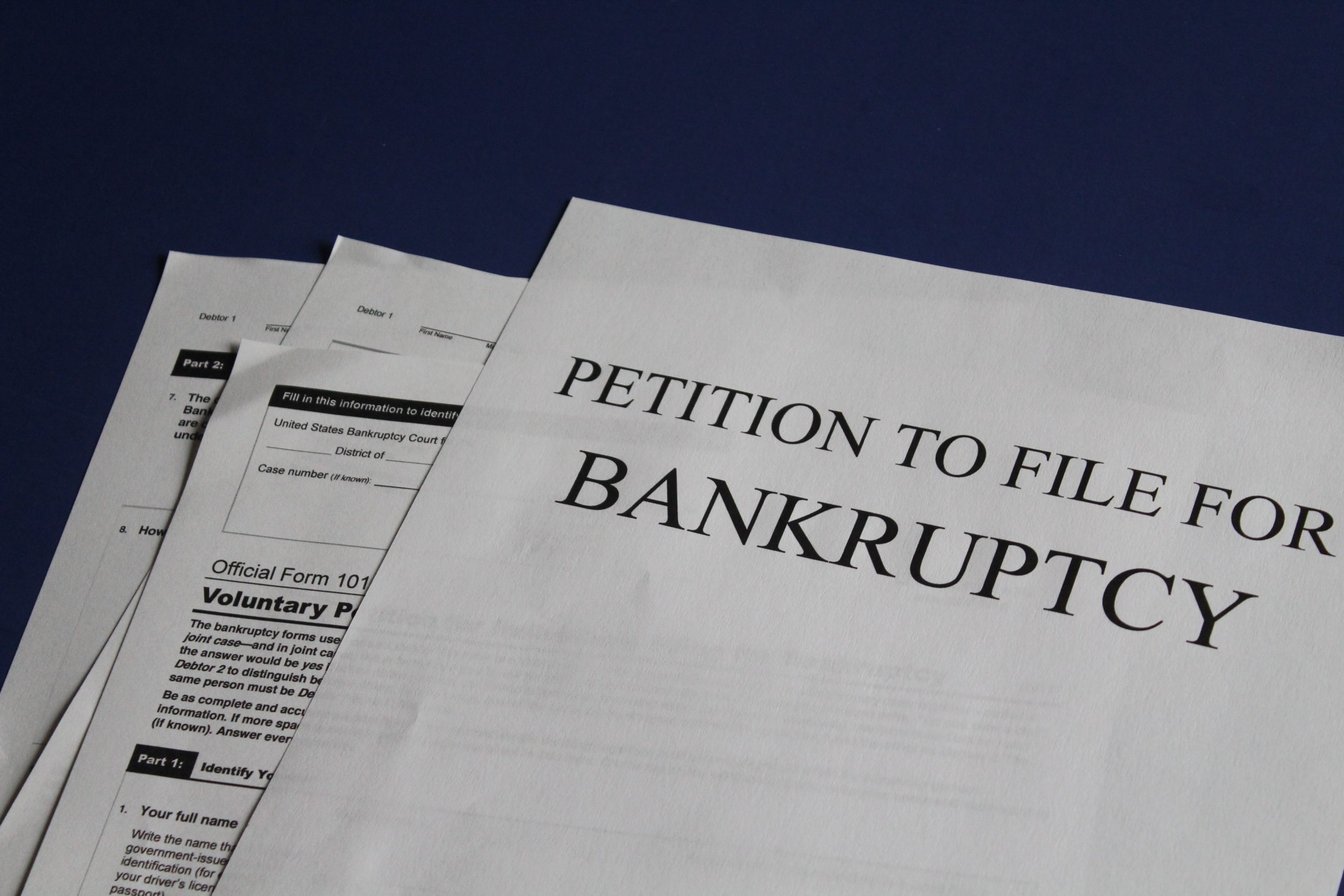The Role of a Trustee in a Chapter 13 Bankruptcy Filing in Pennsylvania
What is a Bankruptcy Trustee?
A Bankruptcy Trustee is an individual who is appointed by the United States Trustee’s Office, (a Division of the United States Department of Justice), to administer bankruptcy cases within a particular State and District. In Pennsylvania, there are 3 Bankruptcy Districts: Eastern, Middle and Western Districts. Chapter 13 Trustees are often referred to as Standing Trustees, there are generally fewer Chapter 13 Trustees, they tend to serve longer terms and have larger staffing needs due to the greater demands and workload in the administration of Chapter 13 bankruptcy filings. Like Chapter 7 Trustees, the Chapter 13 Trustees also serve under the auspices of the Office of the United States Trustee for the State and District in which they serve.
What Does a Chapter 13 Bankruptcy Trustee Do?
In a Chapter 13 Bankruptcy, sometimes referred to as “reorganization,” the Trustee is responsible for receiving the debtor’s monthly plan payments and distributing those payments in accordance with the debtor’s plan of reorganization.
Generally speaking, the Trustees are appointed to administer bankruptcy estates. In Chapter 13, a bankruptcy estate comes into existence when an individual, a husband and wife or certain type of business(es) file a Bankruptcy Petition. While we generally think of an estate as something that comes about when someone dies, there are certain similarities in that both a decedents estate and a bankruptcy estate consist of everything that is owned or owed, (assets and liabilities) as well as certain legal rights and remedies as they may relate to creditors and third parties. The main difference is that a bankruptcy filing involves a living person or existing entities estate. In the typical Pennsylvania bankruptcy process, this person(s) or entity is referred to as the “debtor.”
Whenever a debtor files bankruptcy, the Trustee assigned to the case is said to “step into the debtor’s shoes.” This means that within the limits of the Bankruptcy Code the Trustee has the ability to take any action regarding the bankruptcy estate that the debtor would otherwise have. By way of example, the Trustee could decide to bring a legal action against a third party even if the debtor did not want to pursue the action themselves. Within this same authority, the Trustee can also set aside certain transactions, avoid certain liens and object to the payment of certain creditors as well. Ultimately the determining factor will be whether the Trustee has reason to believe that assets are available to the bankruptcy estate that could be used for the benefit of estate creditors.
In Chapter 13 the Bankruptcy Trustee will act on behalf of the debtor to guarantee that both the creditors’ and the debtor’s interests are maintained in accordance with the bankruptcy laws, and will sometimes act as a mediator between the two parties interests. In a Chapter 13 bankruptcy, a Chapter 13 trustee conducts a meeting about receiving the funds that are paid by the Chapter 13 debtor and making distributions to creditors based on the plan, whether they’re paying mortgage arrears or whether they’re splitting some of the payment among unsecured creditors, such as credit card companies. So, the Chapter 13 trustees are ones responsible for thereafter making the payments consistent with the plan.
The Automatic Stay in a Chapter 13 Bankruptcy Filing
In the Chapter 13 process, it takes usually anywhere from 3 to 5 years to get a bankruptcy discharged because of, again, the nature of the process and there’s going to be payments being made. That’s from the date of filing. Is the person subject to having to go to court repeatedly and will they not have peace and be able to rest throughout the whole three to five years?
The answer is no. In a Chapter 13 case, once they’re filed, as in Chapter 7, there’s something called “an automatic stay,” which means the creditors cannot contact them and all action on the part of any creditors cease.
The difference in Chapter 7 bankruptcy is that once it’s filed, there’s one meeting and, at that point, most debtors walk out, and they feel like they’ve completed the process. In Chapter 13, there’s also generally one meeting, but then they are going to be continuing to make payments. Sometimes, some issues might arise where debtor’s income might change, so they might seek to have the amount modified or sometimes their circumstances change where they no longer want to keep their home, which would require some additional hearings.
Are There Limits on the Amount of Debt You Can Discharge?
In a Chapter 13 setting, there is a limit on unsecured and secured debt, approximately $360,000 of unsecured debt in a Chapter 13, and a little over $1 million of secured debt in a 13. If someone exceeds those limits, but they’re not appropriate for a Chapter 7, their only other alternative would be to file an individual Chapter 11.
Bucks County, PA Bankruptcy Lawyers Offering Free Consultations
The Chapter 13 Trustees in Pennsylvania often have different Rules and Procedures for their particular District and Office. Notwithstanding, All Chapter 13 Trustee’s in Pennsylvania are bound to act in accordance with the Bankruptcy Law as that law is reflected in both the Bankruptcy Code and the case decisions by the Judges of their District and of the higher level United States Courts. Consequently, it is always advisable to obtain legal counsel who is familiar with the Trustee(s) within your district.
If you are filing for bankruptcy in Pennsylvania, consult with an experienced Philadelphia bankruptcy attorney at Young, Marr, Mallis & Associates. Call our Pennsylvania offices today at (215) 701-6519 for a free consultation about your options.






























